Spring semester has come to a close, but as a 12-month faculty member, summer is quite literally around the corner. Before the next round of classes begins, I took a full week of annual leave. I didn’t travel. I didn’t overhaul a room or organize a closet. I didn’t use the time to “get ahead.”
Instead, I stayed home and practiced self-care. On. Purpose.
Here’s what I actually did:
I went in the pool with my family, followed by an outdoor shower (and didn’t rush out to check my phone or email afterwards).
I got a facial.
I went on a double date to Arts & Central with friends.
I baked two loaves of sourdough.
I took a tennis lesson.
I went shelling—yes, this is a verb.
I swam for fitness, (which isn’t fun for most but is fun for me).
I called my parents, grandmother, and a few friends and had unhurried chats.
I walked to the beach every morning.
I made my own fancy iced mochas.
(homemade mocha syrup recipe: ½ cup strong coffee, ⅓ cup sugar, ⅓ cup high quality cocoa powder, pinch of salt, ½ tsp vanilla extract—Simmer for about 5 minutes, then remove from heat and store in the refrigerator)

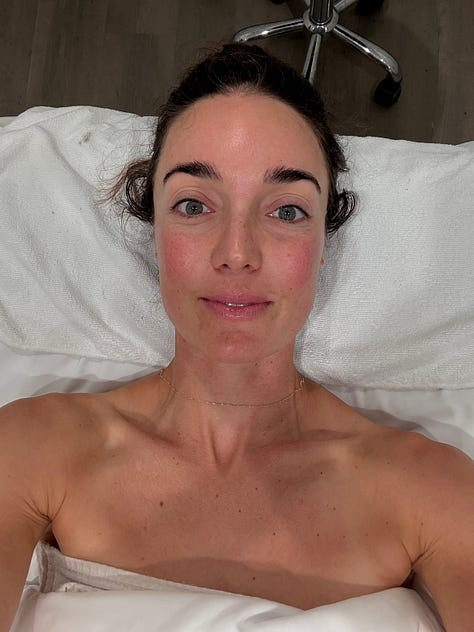
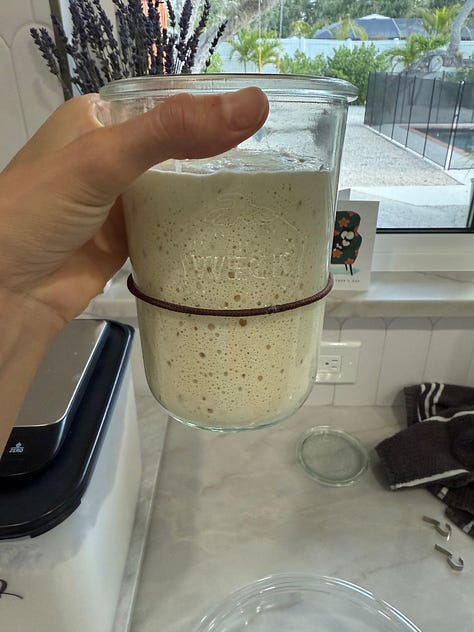
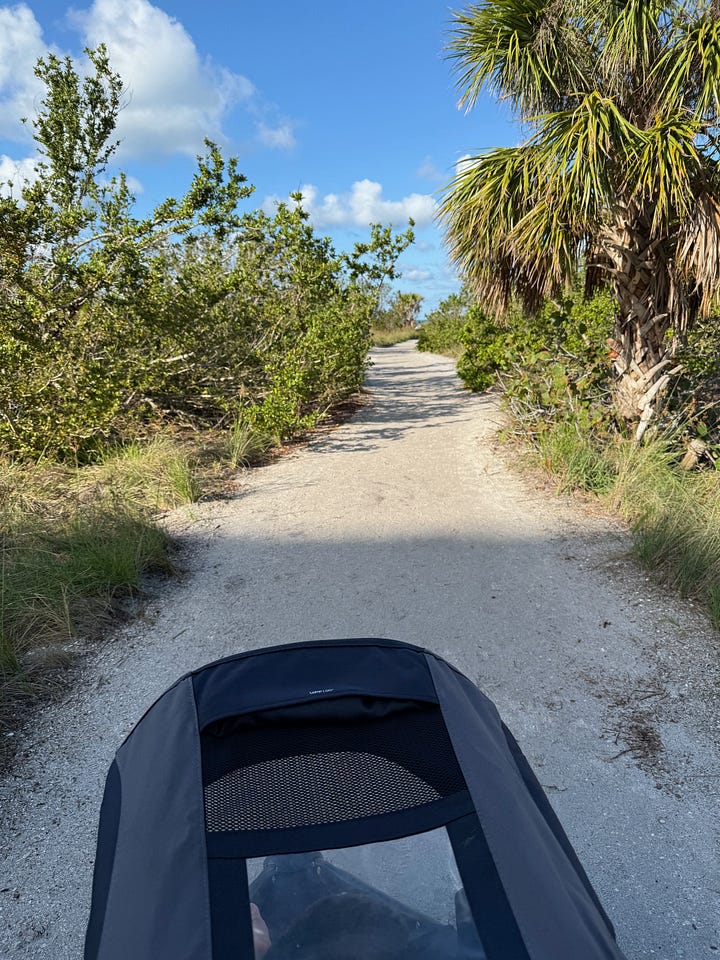
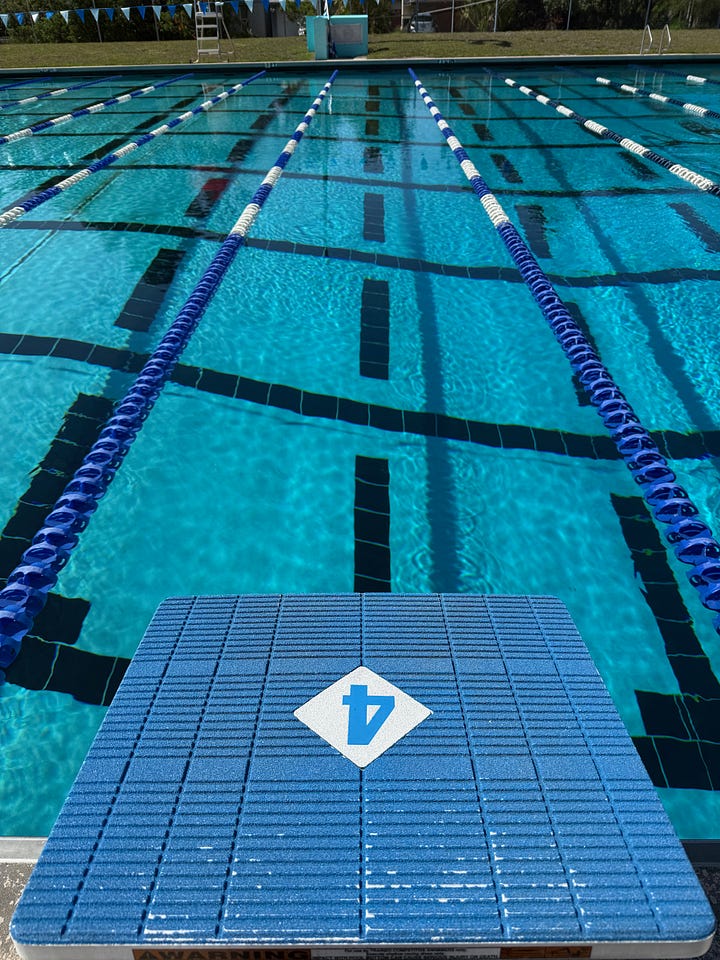
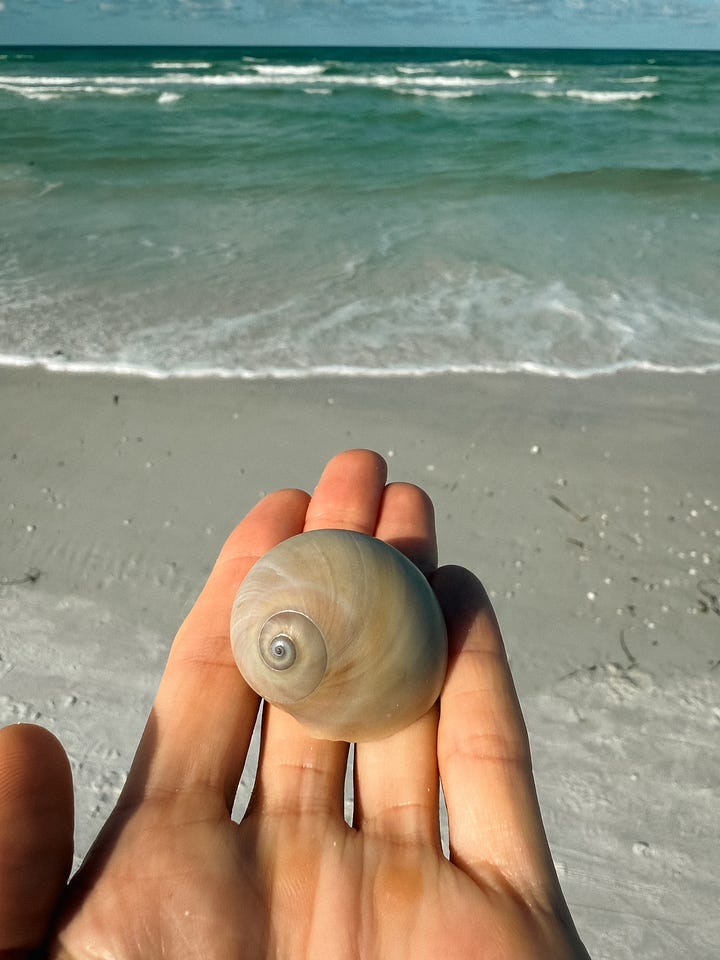

That’s it! No continuing education activities. No syllabus updates or course revisions (I worked ahead on this and future me is grateful). Minimal inbox maintenance—I’m an “inbox zero” person, and nothing ruins my vacation mindset faster than the looming dread of triaging 254 unread messages.
This week of self care was filled with intentional, restorative acts (some free, some not) that helped me feel like myself again. And this feeling of reconnection to self is something I wish for any overstimulated individual who may be reading this.
The Slow Burn of Burnout
Burnout in healthcare isn’t just a buzzword, it’s a daily reality. It shows up in subtle ways at first: brain fog during charting, irritability out of proportion to the task at hand, a creeping apathy that feels more like self-preservation than indifference. Your empathy dulls under the weight of sheer volume. Over time, that emotional depletion snowballs into physical exhaustion, cynicism, disconnection, and questioning your purpose.
For those of us in caring professions, burnout doesn’t always stem from overwork alone. Sometimes it’s over-giving.
Enter compassion fatigue, the emotional residue of witnessing suffering day after day, and continuing to show up anyway. It’s what happens when your ability to care becomes so taxed that it starts to feel like a liability instead of a gift.
Compassion fatigue is especially common in nursing and patient-facing healthcare roles, where we’re often holding space for others in some of their hardest moments while also juggling complex decisions, documentation, team dynamics, and our own personal lives. We care for others so thoroughly that we forget we are also people who need care.
Real Rest as a Form of Care
We teach our patients about prevention. We stress the importance of proactive health maintenance. But in our own lives, we often wait until we’re fraying at the edges before we press pause.
I’ll make my position on this abundantly clear: Rest is not a reward for hard work. It’s a prerequisite for sustainable work.
Taking paid time off before you're in crisis isn't lazy, it's wise. It's a strategic way of protecting your longevity in a profession that relies on your ability to stay emotionally present, clinically sharp, and personally well.
This past week didn’t result in a new skill or professional accomplishment, but it gave me space to be a whole human: not a provider, not a professor, not a to-do list machine. Just me. A person who finds joy and meaning in movement and stillness. Who loves her family, fitness, being outside, and baking. For me, this constellation of passions isn’t extra, it’s elemental.
And from that rested, reconnected place, I’m returning to my work with more clarity, more patience, and more compassion.
A Gentle Push: Use the Leave
If you’ve been hoarding your paid time off for “the right time” (or you’re worried that you can’t leave because something will fall through the cracks), let this be a sign. You don’t need a milestone or a plane ticket. You don’t need to justify rest with productivity.
You are allowed to use your leave to tend to yourself, not just when you're depleted, but to prevent depletion in the first place.
Put in the request. Take the time. Go outside. Move your body. Be home with yourself.
This isn’t just about self-care, it’s about self-preservation. Prioritizing yourself allows you to keep doing the deeply meaningful work you were called to do (without losing yourself in the process). Rest is a professional necessity, not a seasonal luxury.
Let’s normalize healthcare workers taking their own advice.



